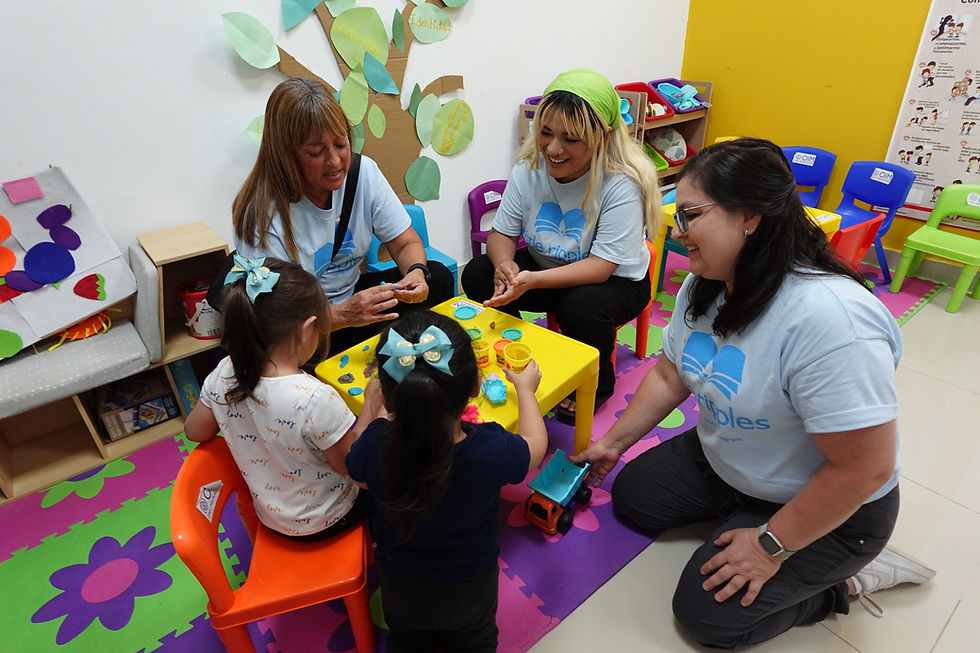The Jungle Of Calais, Part 1: The Camp Without A Voice
- Jessica Birzin
- Sep 15, 2016
- 2 min read
UPDATE: French authorities have recently confirmed that demolition of the camp will be taking place within the coming weeks; the end date is set to be October 31. Around 2000 shall remain in the camp. Stay up-to-date with the coming blogs to find out what this means for the camp’s residents.
Near Calais, one of the Northernmost cities of France, there is a scrap of land that was formerly used as a landfill site. In addition to dunes and a lot of sand, this means a more or less toxic soil. For several years now, this former landfill site has been a refugee and migrant camp hosting fluctuating numbers of hundreds and thousands of people. Currently, the population has reached an all-time high of almost 10,000 people: men, women, families, babies, and unaccompanied children and young adults.
When I first arrived at the donations warehouse of “L’Auberge des Migrants,” the biggest of several volunteer-run NGOs headed by a girl just a few years younger than I, I asked where help was needed the most. The answer was: basically everywhere. I did whatever was needed: sorting clothes, packing hygiene kits, doing distribution and needs-assessment in camp, etc.
The Unofficial Women’s and Children’s Centre, located in a donated double-decker bus, had only recently been created. At that time, the children’s space was run by two girls roughly my age. When approaching them, they suggested that they might be a bit understaffed. Despite no formal experience in childcare, I was asked to do a few trial days, and when things went well, I ended up staying. My planned two-week stay turned into a full-time day job, six days a week, completely committed to the children, with no end in sight. I ended up helping out there for four months.
These details are meant to convey the urgency of the situation which has, in part, been caused by the lack of an international humanitarian presence, and politics play an important role in explaining why. Although UNHCR has been sending staff to the camp for several months, its official presence is nevertheless missing. They repeatedly expressed their concerns about the conditions. As long as the French government refuses to recognize the camp, refugees will be largely denied the vital and professional legal and psychological support they so desperately need, and will continue to be fully dependent on volunteer efforts.
The blue doppeldecker bus, home to the Jungle’s Unofficial Women’s And Children’s Centre (UWCC). Photo credit: Help Refugees

Aerial view of the Jungle. Photo credit: Reuters


